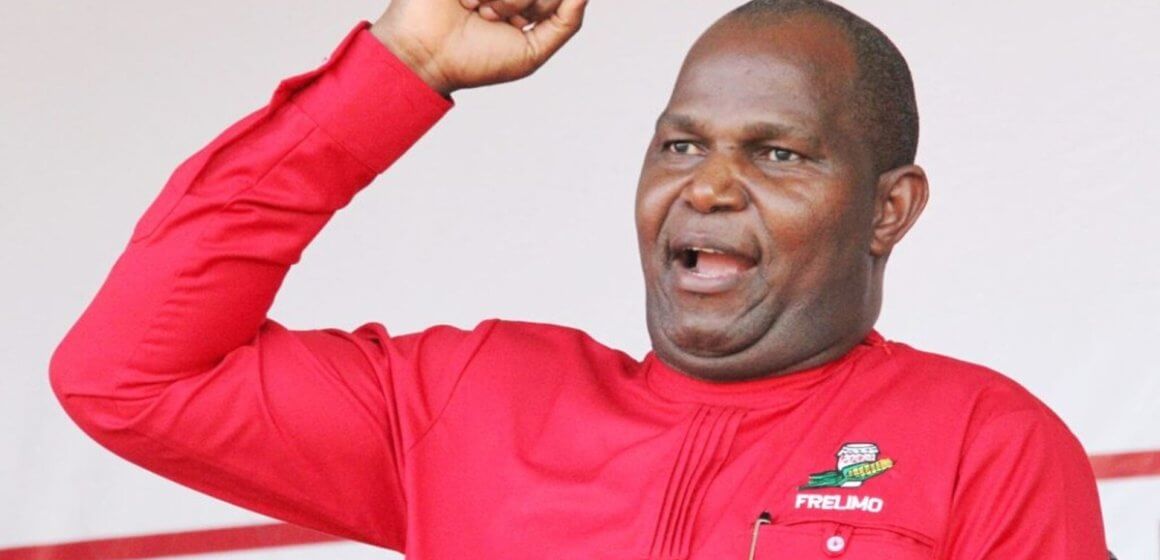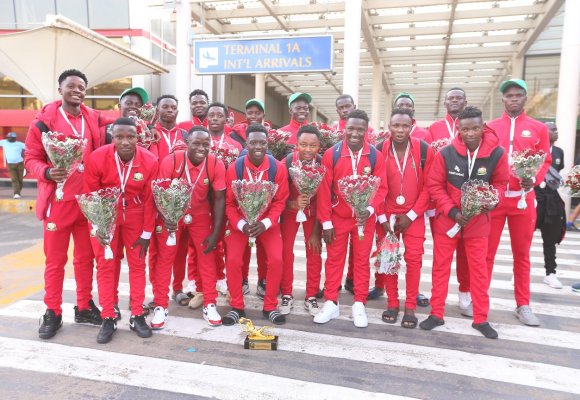|
LISTEN TO THIS THE AFRICANA VOICE ARTICLE NOW
Getting your Trinity Audio player ready...
|
In a tense and violence-stricken election, Mozambique’s long-standing ruling party, Frelimo, once again solidified its grip on power, as official results declared a landslide victory for its presidential candidate, Daniel Chapo, on Thursday. This win, though predictable, has intensified unrest across the country, with protests erupting over allegations of electoral fraud.
Frelimo, which has governed Mozambique for nearly five decades since the country gained independence in 1975, now transitions leadership to Chapo, who will become the first president born post-independence. At just 47 years old, Chapo’s victory marks a new era for Frelimo, though the election was marred by violence and controversy. Chapo, who was relatively unknown prior to his candidacy, secured a commanding 71% of the vote, defeating his closest rival, Venancio Mondlane, who garnered only 20%. Ossufo Momade, a candidate from the once-powerful opposition party Renamo, lagged far behind with just 6%.
The election has been heavily criticized, with reports of vote-rigging and violent suppression of opposition supporters casting a shadow over Chapo’s win. Protests have flared up in several cities, with demonstrators decrying the alleged fraud and police forces responding with live ammunition and tear gas. The protests were further fueled by the recent killings of Mondlane’s lawyer and a senior party official, incidents that he described as politically motivated.
Frelimo’s dominance extended beyond the presidential race, with the party also securing 195 of the 250 parliamentary seats, and sweeping all provincial elections. Opposition party Podemos, which backed Mondlane’s presidential bid, managed to claim 31 seats in parliament, while Renamo, once the primary opposition force, was left with just 20 seats—an outcome that political analysts say reflects the party’s failure to connect with younger voters. Renamo’s poor showing has raised concerns about the future of the former rebel group, which played a central role in Mozambique’s civil war and the post-war political landscape. Political expert Tomas Viera Mario attributed Renamo’s decline to Ossufo Momade’s inability to energize the youth vote, a crucial demographic in a country where the majority of the population is under 30.
Adding to the controversy, Zimbabwean President Emmerson Mnangagwa prematurely congratulated Chapo on his “resounding victory” even before official results were released, drawing criticism for what many saw as a tacit endorsement of a flawed election. Mnangagwa himself has faced accusations of election fraud in his own country, making the early congratulatory message particularly contentious.
Despite the allegations, the electoral commission, which reported a voter turnout of 43% out of 17 million registered voters, has remained tight-lipped on the claims of irregularities. European Union election observers raised alarms over “irregularities during counting and unjustified alteration of election results,” echoing concerns from civil society groups and opposition parties. Adriano Nuvunga, a prominent political analyst, described the election as part of a disturbing pattern of fraudulent electoral practices in Mozambique, warning that the country’s fragile democracy could be further eroded if such issues continue unaddressed.
Mondlane, determined to challenge the results, has called for a national strike and organized nationwide protests, which have been forcefully dispersed by police. He maintains that he was the rightful winner of the election, despite early polls showing Chapo as the clear frontrunner. Mondlane has until December to file a formal challenge to the results, but whether his legal efforts will gain traction in a political landscape dominated by Frelimo remains uncertain.











LEAVE A COMMENT
You must be logged in to post a comment.